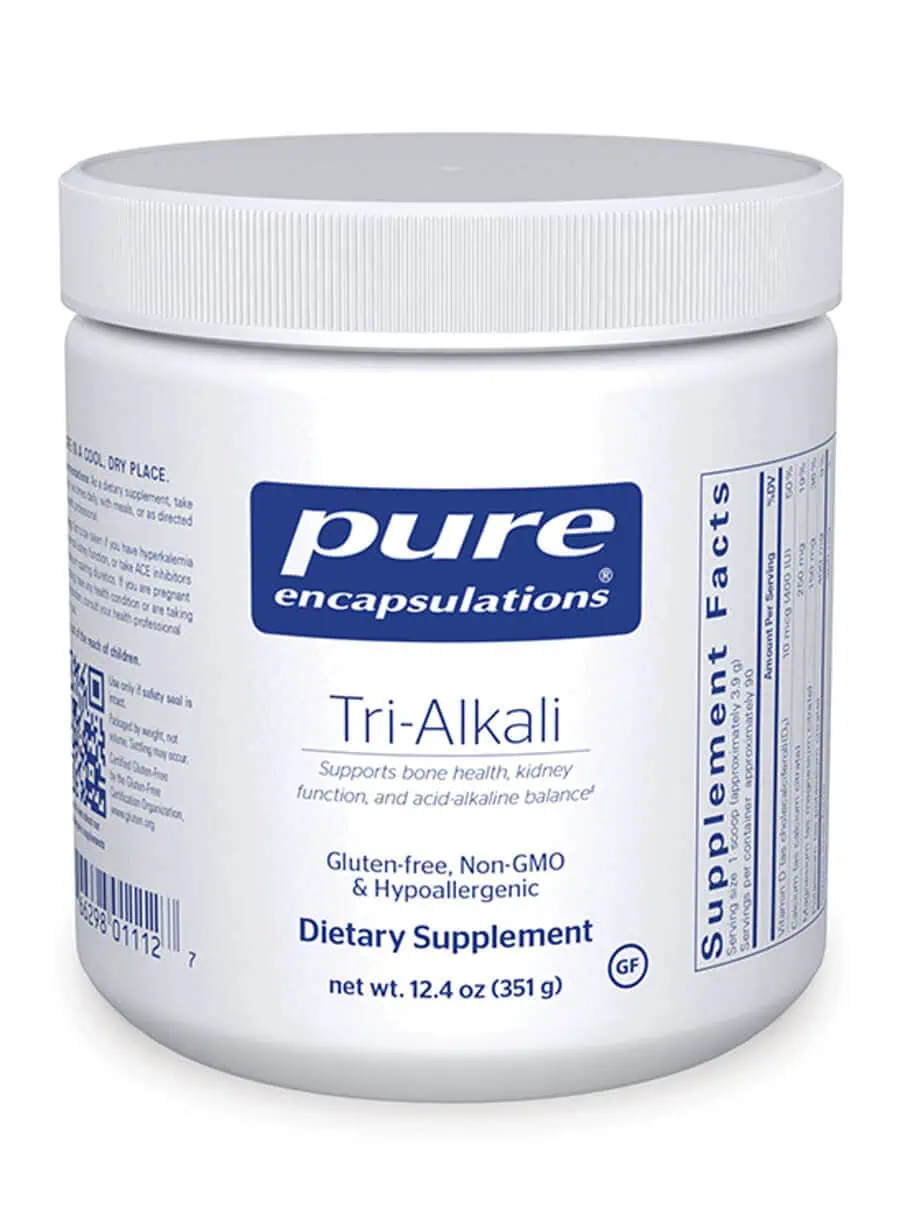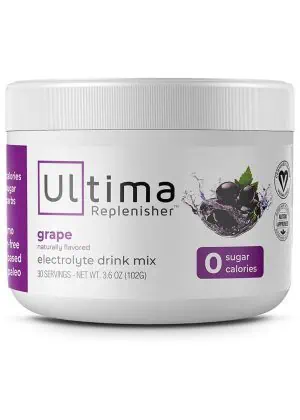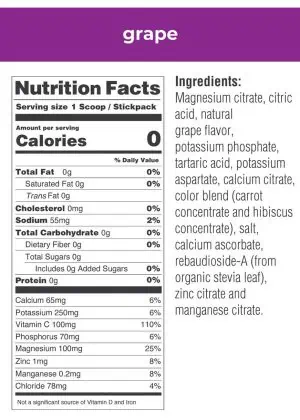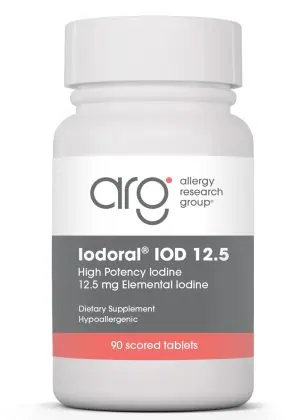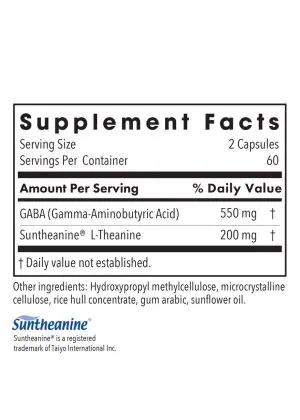Tri-Alkali

Suggested Use: 1 scoop two to three times per day, with meals.
What Is It?
Recent research suggests that an alkaline environment is important for healthy bone as well as healthy calcium, oxalate and uric acid metabolism. Tri-Alkali supports healthy acid-alkaline balance and provides specific support for bone health and healthy kidney oxalate and uric acid metabolism.*
Uses For Tri-Alkali
Acid-Alkaline Balance: Acid-alkaline balance is important for maintaining a wide range of physiological functions. Diets high in animal and grain proteins contribute to the body’s acid load. In a randomized, double blind trial an increase in alkali status via potassium citrate supported healthy bone composition and provided sustained systemic alkalization. In a crossover trial involving postmenopausal women, potassium citrate and calcium citrate maintained healthy oxalate and uric acid metabolism. Furthermore, co-administration of potassium citrate and calcium citrate supported enhanced alkali status better than either compound alone.*
Bone Health: Research has found a positive effect of alkaline support on bone histology, bone cell function and bone mineralization. In one randomized, double blind trial with postmenopausal women, an increase in alkali status via potassium citrate supported healthy bone composition of the neck, vertebrae and hip. Supplementation promoted alkaline balance and bone health in part by enhancing absorbed calcium and supporting healthy bone resorption.*
What Is The Source?
Calcium, magnesium and potassium are sourced naturally from the lime of rock. Citrate is derived from corn dextrose fermentation. Vitamin D3 is derived from lanolin. Glycine is synthetically produced. Stevia is from the leaves of the botanical Stevia rebaudiana.
Are There Any Potential Side Effects Or Precautions?
If pregnant or lactating, consult your physician before taking this product. Glycine may be contra-indicated for those immediately recovering from stroke or with liver and kidney disease. Consult your physician for more information.
Are There Any Potential Drug Interactions?
Individuals taking ACE inhibitors, angiotensin receptor blockers or potassium-sparing diuretics may require monitoring of potassium levels. Glycine may be contra-indicated for those taking clozapine, an antipsychotic medication. Consult your physician for more information.
Product Ingredients
| Ingredients | AMT | %DV |
|---|---|---|
| calcium (citrate) | 250 mg. | - |
| vitamin D3 | 400 i.u. | - |
| magnesium (citrate) | 150 mg. | - |
| potassium (citrate) | 400 mg. | - |
| glycine (free-form) | 200 mg. | - |
| stevia | 20 mg. | - |
Why Buy From Us?As a trusted family- and employee-owned company for over 25 years, we've shipped more than 1 million packages, empowering our customers with expert knowledge, guiding their wellness journeys, while delivering unparalleled customer service.

Welcome to Pure Prescriptions
I founded Pure Prescriptions after overcoming Cancer at age 29, a battle that taught me the power of natural supplements and inspired me to make professional-grade, doctor-only brands accessible online—pioneering the industry over 25 years ago.
Today, still a family- and employee-owned company, we've shipped over 1 million packages, empowering countless wellness journeys with science-backed, U.S.-manufactured vitamins and supplements meticulously curated for superior quality and optimal results. Our real health experts provide personalized recommendations without upsells or gimmicks—just genuine support tailored to your needs.
Not a customer yet? We'd be thrilled to earn your trust and guide you toward vibrant health.
Sincerely,
Helpful Links:
Contact Us | LIVE Chat | Vitamin Quiz
The Pure Prescriptions Difference
When you choose Pure Prescriptions, you become part of our caring community. We’re committed to enhancing your wellness with personalized service, expertly selected products, and a dedication to your health & happiness.


Related products
Get Notified When Back In Stock
Verify you are Human:
-
- Vitamin Quiz
- Deals
- Shop
- Brands
- Shop by Manufacturer Brand
- Shop by Manufacturer Brand
- About
- Login
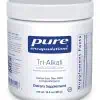
Out of stock





